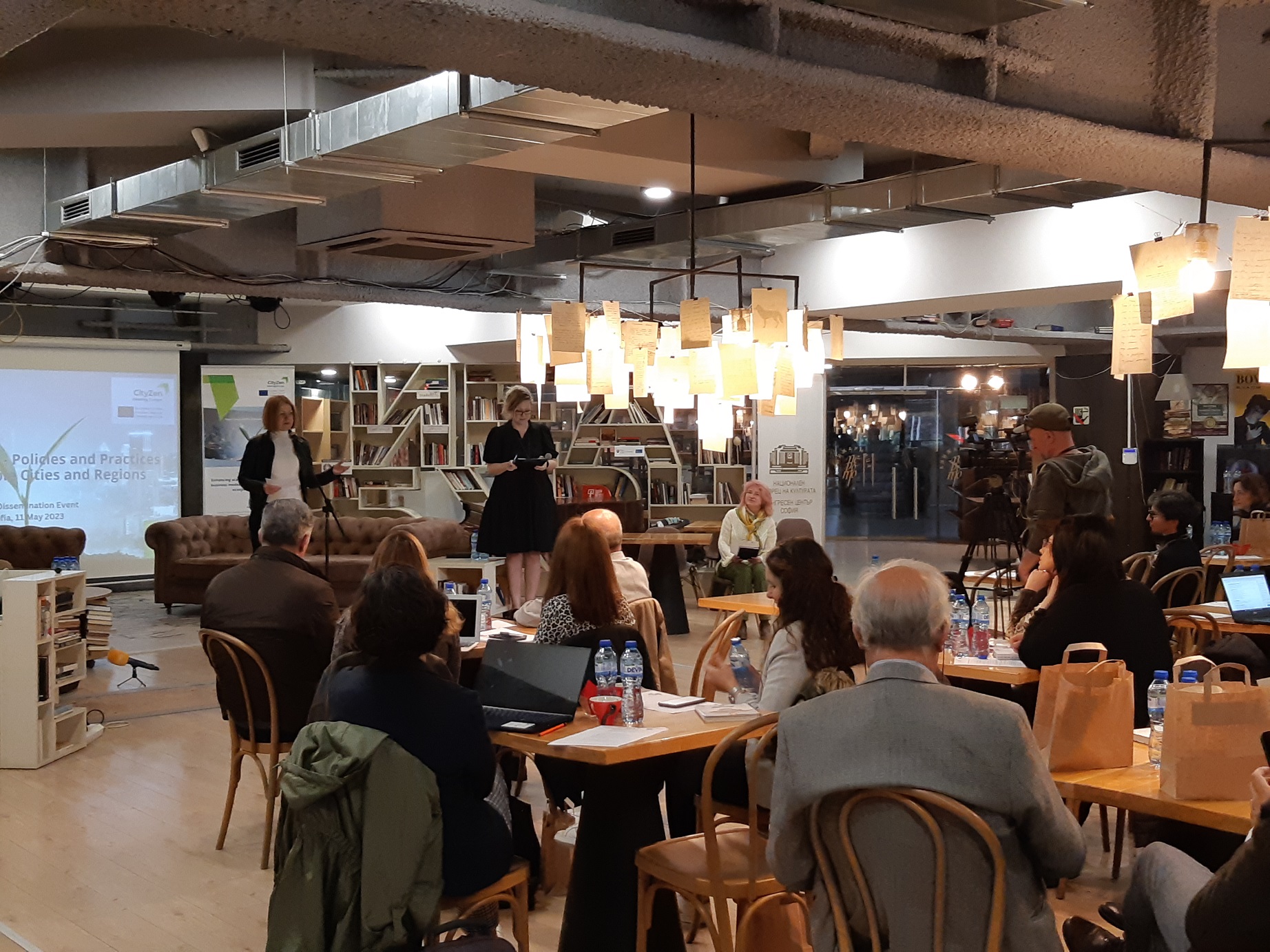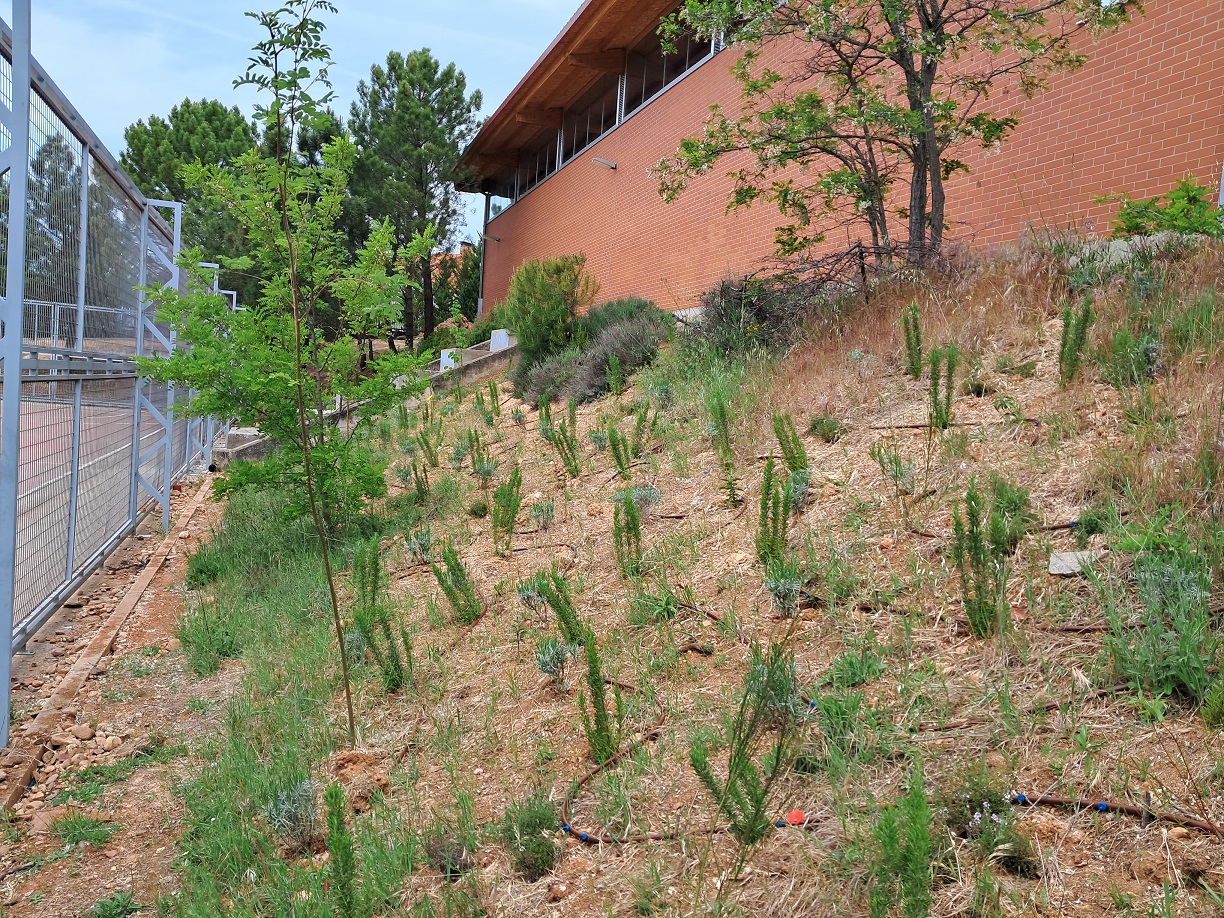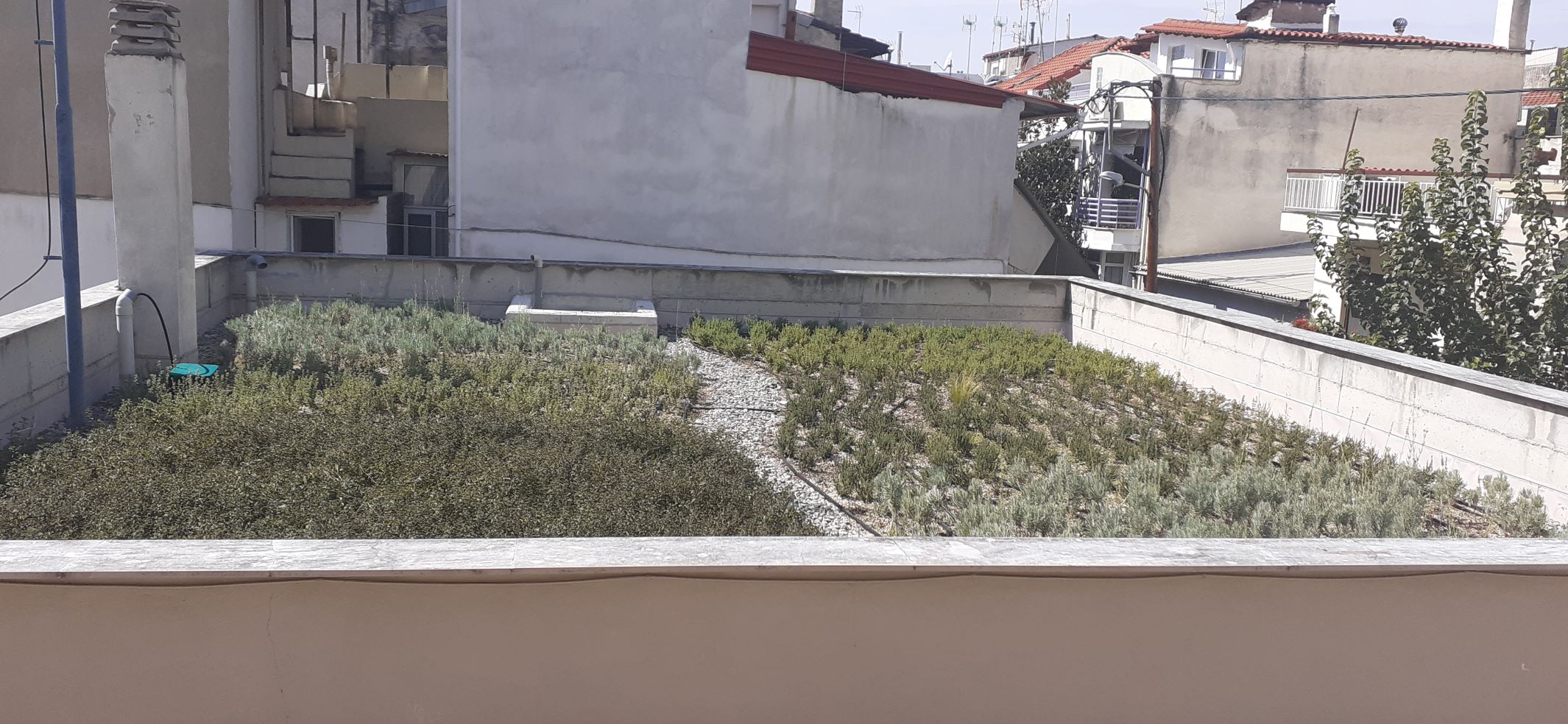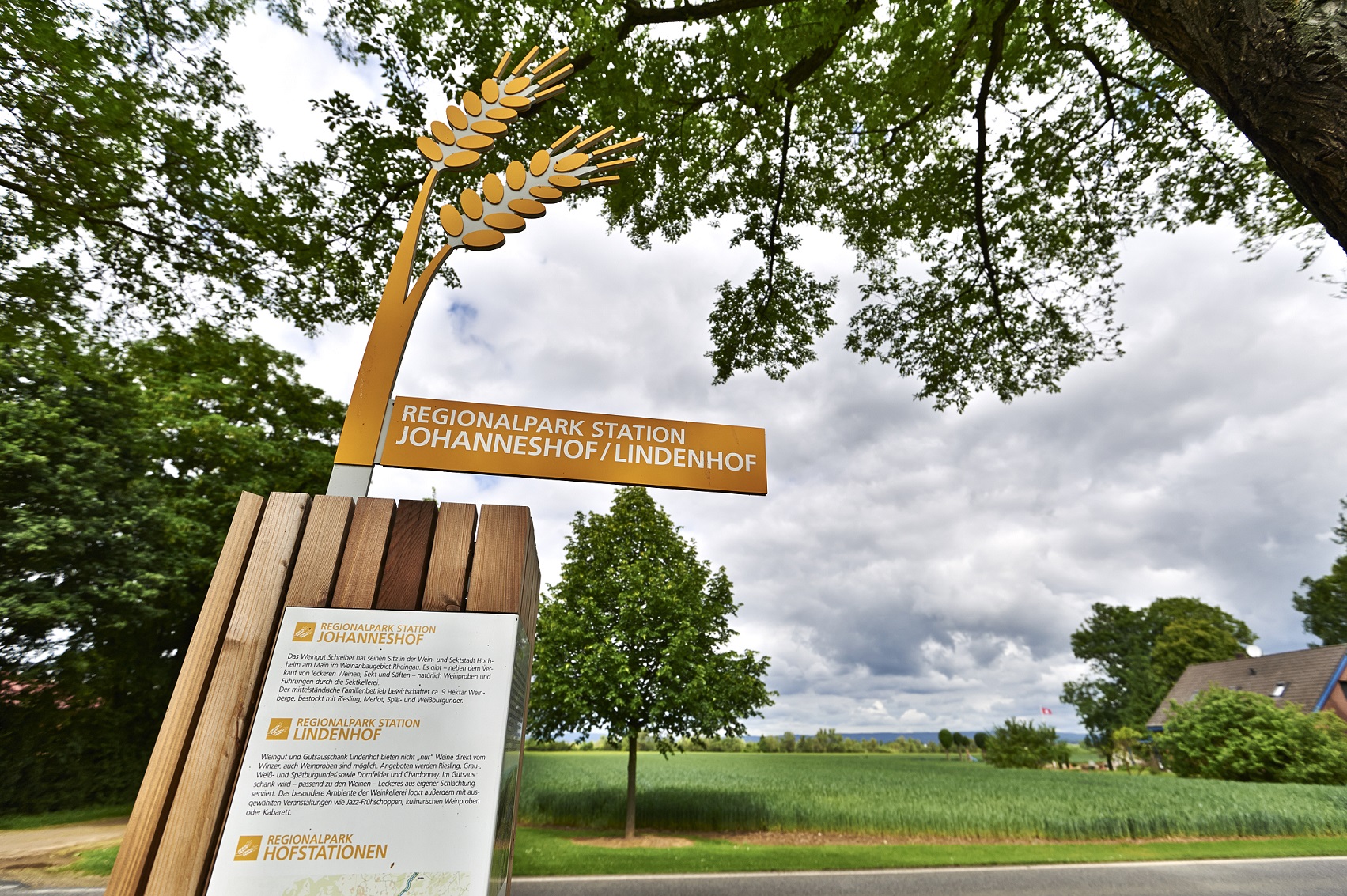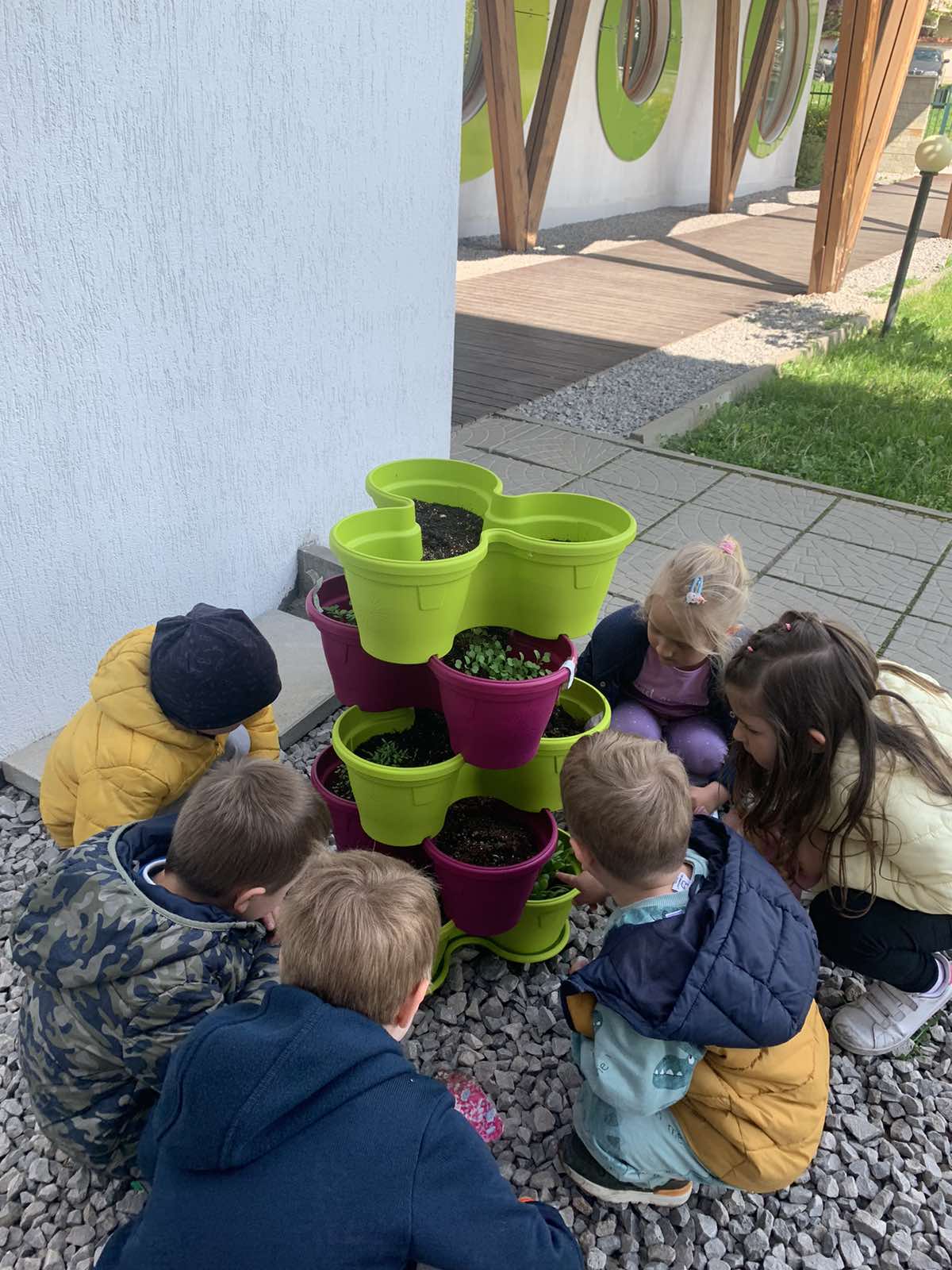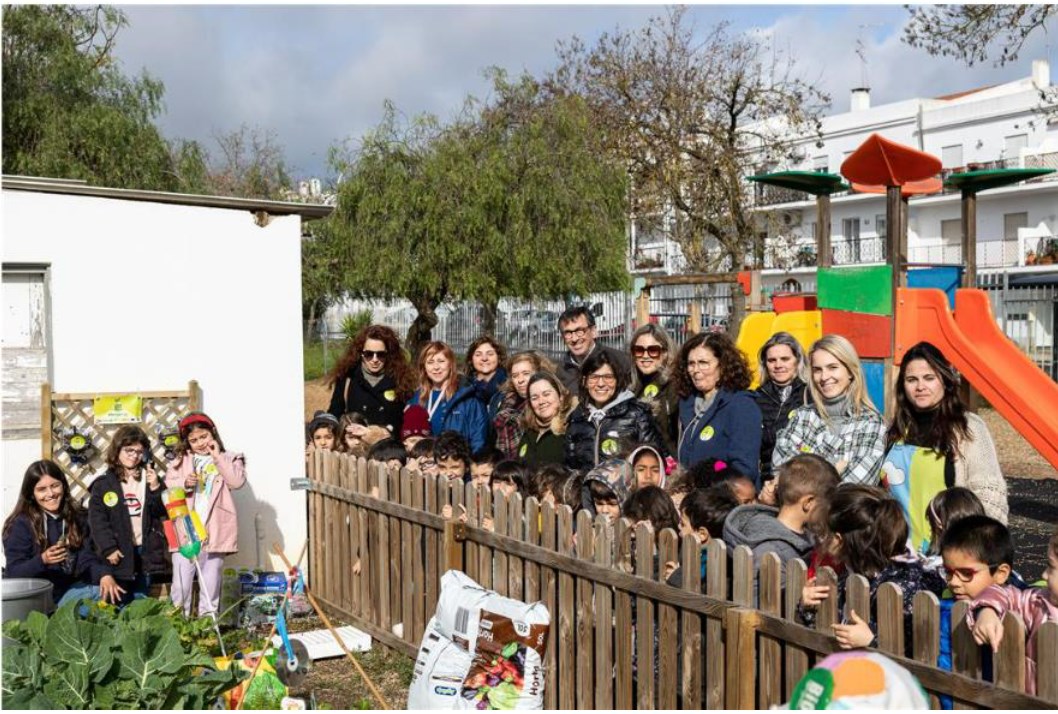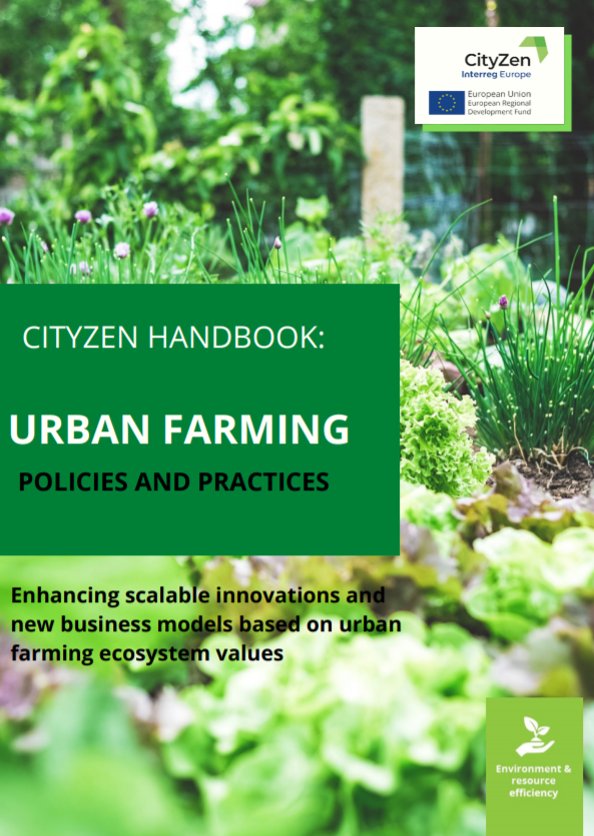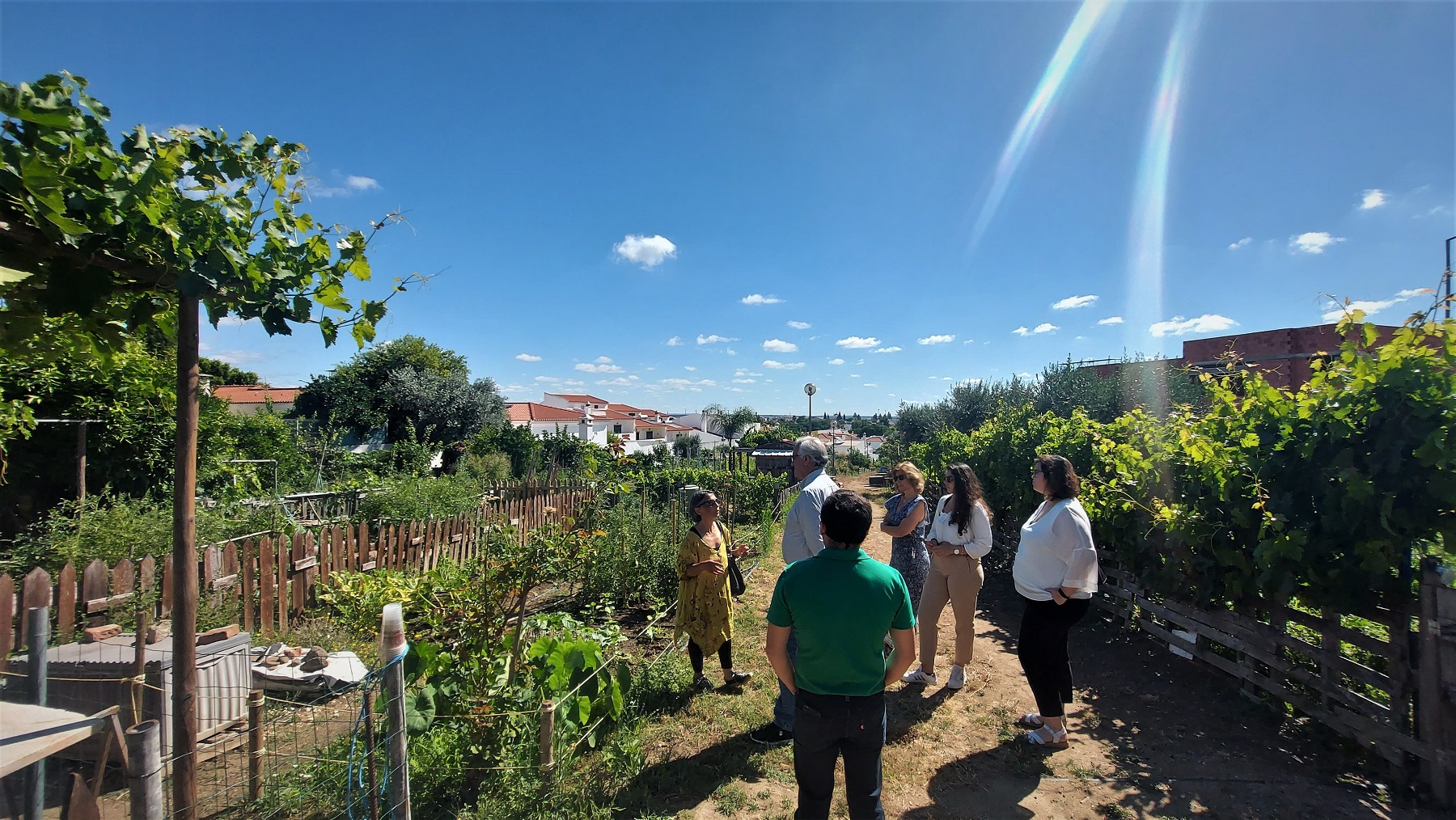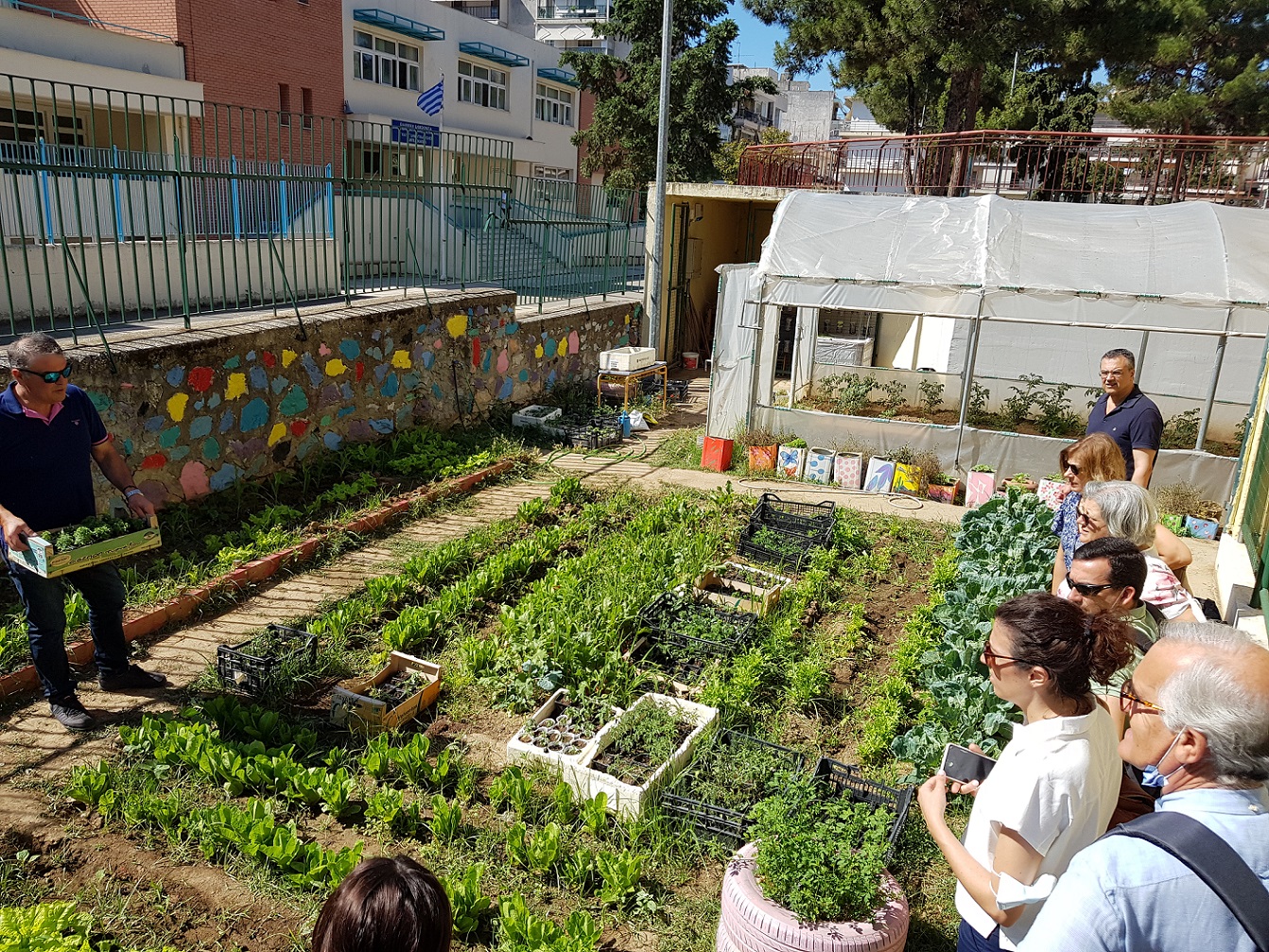The project Sociological management of urban historical gardens in Segovia is a pilot project for the development of new productive green areas rich in biodiversity. It recovers and enhances the historical urban gardens of the Eresma Valley in the city of Segovia.
The initiative began in September 2020 and has since developed a series of events at "La Huerta Grande (= great orchard)” farm. The focus is on putting the old orchard into production, as a pilot experience to recover traditional crops in the area and to explore the possibilities of building capacities for people from underprivileged groups, as well as expanding the green infrastructure network of the city. Everything was possible thanks to BBVA Asset Management support.
Partners and strategic actions
The partners involved in the project are SEO / BirdLife, Cáritas Diocesanas de Segovia, María Zambrano Campus of the University of Valladolid and the Segovia City Council. It was settled on a farm in the Eresma Valley donated by its owner for this purpose.
Cáritas Diocesana de Segovia started the production of the garden and they have taught courses in a Training for Employment Program. After preparing the soil, an interesting variety of traditional crops was placed in the garden area, such as zucchini, cucumber, aubergine, pepper, carrots, chard, lettuce, cabbage, tomatoes, green beans, watermelon, etc.
SEO / BirdLife is in charge of the integration and promotion of biodiversity in the orchard, with a dual approach of improving biodiversity on the farm and helping to support productivity. Nest boxes have been installed for insectivorous birds, for nocturnal raptors and for bats, intended for species that feed exclusively on insects which contribute to the control of agricultural and forestry pests. They established two hymenoptera shelters and an insect hotel for species such as bumblebees, wasps, lacewings, earwigs and ladybugs, which use small holes or holes in trees to reproduce, find refuge or hibernate – places that are increasingly scarce in the agricultural environment. These insects are pollinators and some of them feed on other invertebrates such as aphids or mites, thus contributing to the control of pests and the pollination of crops.
Besides, 14 fruit trees have been planted, such as fig, walnut, quince, apple, peach or pear tree and 20 native shrubs that will contribute to the heterogeneity of the agricultural landscape, providing flowers, fruits and shelter for wild species and it will help to attract pollinators. Finally, an electric shepherd has been installed around the perimeter of the production area to prevent roe deer from entering the crops. Finally, SEO / BirdLife organised a workshop on biodiversity in the garden about the importance of biodiversity in agricultural production. Also, nest boxes were built by the participants in the programme and bird watching routes were organised to show the great biodiversity around the Eresma valley.
All these actions have been accompanied by a communication campaign to engage citizens in the change towards more sustainable lifestyles, led by the Laboratory for Collective Research and Creation "Responsible Transitions" of the University of Valladolid (project idea builders).
The City Council of Segovia has supported the project, thus helping to promote the improvement and conservation of biodiversity in the urban environment. It serves as a demonstrative experience of custody in agrodiversity and local biodiversity. Thanks to this collaboration, a composting project has been developed in the garden and three workshops on organic farming have been carried out for the local population, with 45 participants.
Pilot experience with a vocation for continuity
The recovery of production in an orchard as emblematic as “La Huerta Grande" allows us to explore and demonstrate the viability of this type of experience. It can contribute to the employment of people belonging to underprivileged groups, by promoting the access of population to sustainable and local food and the recovery of the rich cultural and natural heritage of the city. The project has made citizens and owners of neighbouring orchards aware of the opportunities offered by these spaces, contributing to put them in value. It is expected that it will also help and inspire to recover more similar places in the near future. At the end of the Summer 2021 after the last harvest there will be an open house to celebrate the fruits and biodiversity.
written by: Ana Teresa López Pastor (professor at UVA | promoter of the project | coordinator of Transitio)
Picture credit: albergueweb1.uva.es/huertaecosocial/proyecto/


